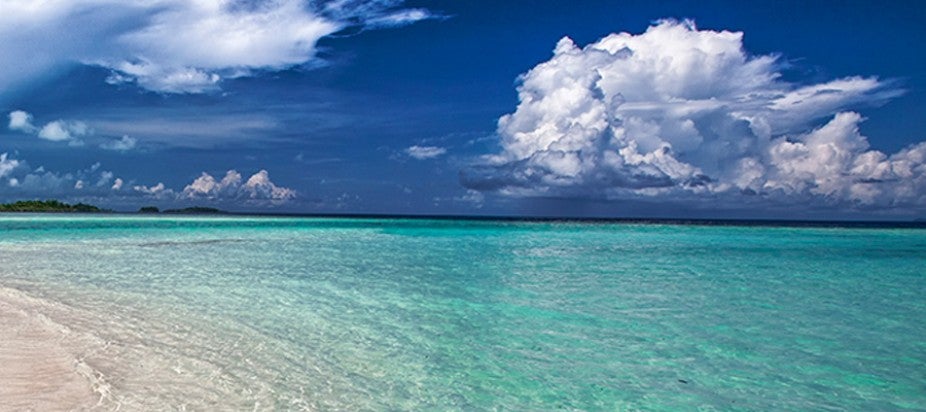Ocean Salinity Conference 2022

6:00 – 6:00 pm MDT
The planning of the Ocean Salinity Conference (6-9 June 2022) is moving forward, with the conference being planned an in-person event with an option for virtual participation. In-person participants are required to show proof of vaccination for any COVID-19 vaccine listed by the World Health Organization.
Ocean salinity is a critical variable that drives ocean circulation, influences marine biogeochemistry, and regulates air-sea interaction. It is also an important parameter for studying the changing water and carbon cycles as well as the cryosphere of the Earth. Significant advancements have been made in recent years in the development of an ocean salinity observing system both through in-situ and satellite technologies. The resultant ocean salinity measurements have broadened and deepened the knowledge of ocean salinity’s role in ocean dynamics and its linkages with the water cycle and climate.
Meeting Goals
The conference aims to foster scientific exchanges and collaborations in the broad community involved in ocean salinity science, applications, technology development, product services, and community building. This conference, postponed from 2021 to 2022, is part of a series of international salinity community meetings (Brest, France - 2013, Exeter, UK - 2014, Hamburg, Germany - 2015, Falmouth/MA, USA - 2017, and Paris, France - 2018). The conference presentations and discussion will review recent progress, identify knowledge and capability gaps, and chart the way forward to sustain and enhance the ocean salinity observing system as well as to maximize the value of the resulting measurements.
The main topics of the conference include:
- Salinity variability and the underlying physical processes
- Salinity’s roles in ocean circulation, weather, and climate
- Linkages with the water cycle (including land-sea linkage)
- Salinity observing system (both in-situ and satellite)
- Evaluation and improvement of satellite salinity measurement
- Constraining models and improving forecasts
- Biogeochemical applications
Program
See the Program (updated May 23, 2022)
Invited Speakers
See the list of invited speakers
Format
In addition to in-person oral and poster presentations, the conference will virtual platforms for remote oral and poster presentations.
Scientific organizing committee
Tong Lee, NASA JPL, USA
Aida Alvera Azcarate, University of Liège, Belgium
Eric Bayler, NOAA, USA
Frederick Bingham, University of North Carolina Wilmington, USA
Jacqueline Boutin, Sorbonne University, France
Kyla Drushka, University of Washington, USA
Paul Durack, Lawrence Livermore National Lab, USA
Arnold Gordon, Columbia University, USA (Local Host)
Eric Hackert, NASA GSFC, USA
Simon Josey, National Oceanography Centre, UK
Matthew Martin, UK Met Office, UK
Elisabeth Remy, Mercator-Ocean, France
Nicolas Reul, IFREMER, France
Gilles Reverdin, Sorbonne University, France
Roberto Sabia, Telespazio-Vega/ESA, EU
Klaus Scipal, ESA, EU
Julian Schanze, Earth and Space Research, USA
Antonio Turiel, Institute of Marine Sciences, Spain
Nadya Vinogradova Shiffer, NASA HQ, USA
Sponsor organizations
NASA
NOAA
US CLIVAR
Columbia University
Intellectual Sponsors
European Space Agency
CLIVAR (Climate and Ocean - Variability, Predictability and Change)
Qustions?
Contact Maggie Costley, Event Planner.